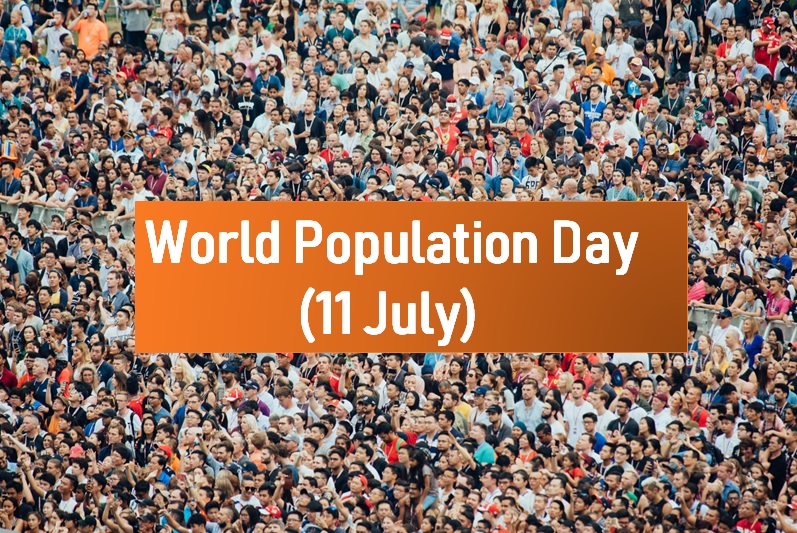World Population Day 2022: The global population is growing at its slowest rate since 1950, having fallen under one per cent in 2020.
United Nations:
India is projected to surpass China as the world’s most populous country next year, according to a report by the United Nations on Monday which said that the world population is forecast to reach eight billion by mid-November 2022.
The World Population Prospects 2022 by the United Nations Department of Economic and Social Affairs, Population Division, said that the global population is projected to reach eight billion on November 15, 2022.
The global population is growing at its slowest rate since 1950, having fallen under one per cent in 2020.
The latest projections by the United Nations suggest that the world’s population could grow to around 8.5 billion in 2030 and 9.7 billion in 2050.
It is projected to reach a peak of around 10.4 billion people during the 2080s and to remain at that level until 2100.
“This year’s World Population Day (July 11) falls during a milestone year, when we anticipate the birth of the Earth’s eight billionth inhabitant. This is an occasion to celebrate our diversity, recognise our common humanity, and marvel at advancements in health that have extended lifespans and dramatically reduced maternal and child mortality rates,” UN Secretary-General António Guterres said.
“At the same time, it is a reminder of our shared responsibility to care for our planet and a moment to reflect on where we still fall short of our commitments to one another,” he added.
The report said that “India is projected to surpass China as the world’s most populous country during 2023.” The world’s two most populous regions in 2022 were Eastern and South-Eastern Asia, with 2.3 billion people, representing 29 per cent of the global population, and Central and Southern Asia, with 2.1 billion, representing 26 per cent of the total world population.
China and India accounted for the largest populations in these regions, with more than 1.4 billion each in 2022.
More than half of the projected increase in global population up to 2050 will be concentrated in just eight countries of the Democratic Republic of the Congo, Egypt, Ethiopia, India, Nigeria, Pakistan, the Philippines and Tanzania.
“Disparate population growth rates among the world’s largest countries will change their ranking by size: for example, India is projected to surpass China as the world’s most populous country in 2023,” the report said.
According to the report, India’s population stands at 1.412 billion in 2022, compared to China’s 1.426 billion.
India, which will surpass China as the world’s most populous nation by 2023, is projected to have a population of 1.668 billion in 2050, way ahead of China’s 1.317 billion people by the middle of the century.
The report added that it is estimated that ten countries experienced a net outflow of more than 1 million migrants between 2010 and 2021.
In many of these countries, these outflows were due to temporary labour movements, such as for Pakistan (net outflow of -16.5 million during 2010-2021), India (-3.5 million), Bangladesh (-2.9 million), Nepal (-1.6 million) and Sri Lanka (-1 million).
In other countries, including the Syrian Arab Republic (-4.6 million), Venezuela (Bolivarian Republic of) (-4.8 million), and Myanmar (-1 million), insecurity and conflicts have driven the net outflow of migrants over the decade.
Global life expectancy at birth reached 72.8 years in 2019, an improvement of almost 9 years since 1990. Further reductions in mortality are projected to result in an average global longevity of around 77.2 years in 2050.
Yet in 2021, life expectancy for the least developed countries lagged 7 years behind the global average.
Alternative long-term population projections have also been undertaken by the Institute of Health Metrics and Evaluation (IHME).
In its recent projections, IHME projected that the global population will reach 8.8 billion in 2100 with a range of 6.8 billion to 11.8 billion.
News Source : NDTV

